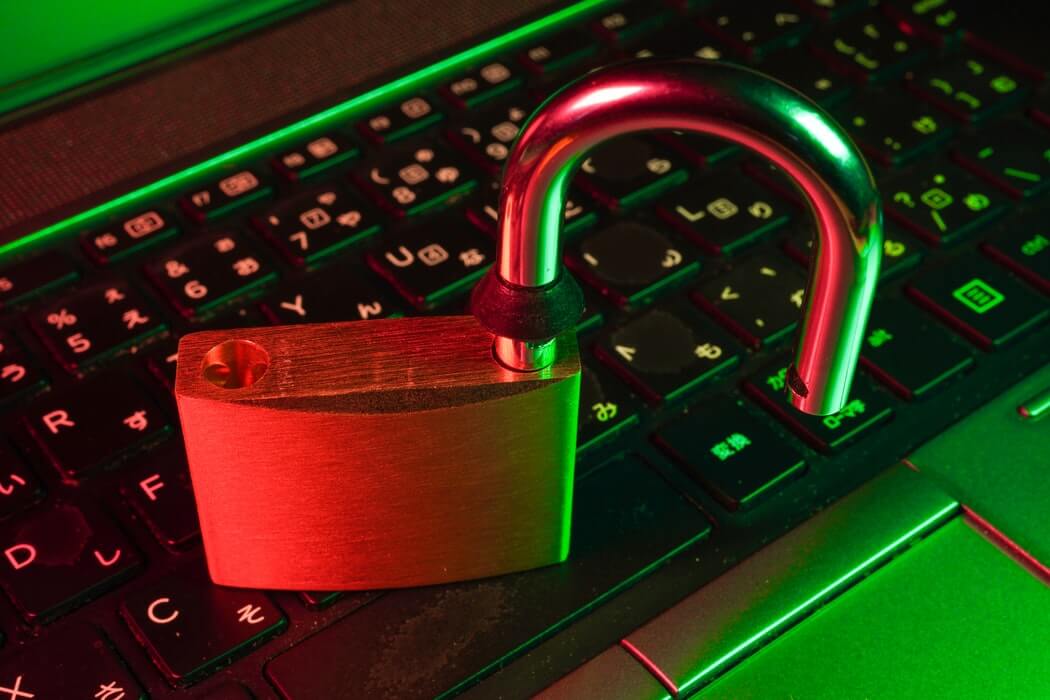 , solid security is of utmost importance. Read on for three tips on how to begin protecting yourself in online spaces today.
, solid security is of utmost importance. Read on for three tips on how to begin protecting yourself in online spaces today.
Protect Your Data and Identity
In this day and age, the majority of us have accepted that using the Internet comes with a certain loss of anonymity. But most people underestimate how much control it’s possible to maintain over who gets their data. If you’re dead set on staying completely anonymous, it’s actually still possible, even on sites like Facebook – although it will take some extra work on your side.
If your privacy standards are not that high, it definitely still won’t hurt you to limit the amount of sites you agree to cookies on, let store your data, etc. While for instance saving your card details on shopping websites may save you some time at checkout, it poses a way bigger security threat than you may realize.
Create Strong Passwords
We hear it time and time again – and yet, easily guessed passwords such as pet or family names, birth dates or “classics” such as QWERTY or 1234 are still heavily used across the world. So, if you want to be more secure online and are still using passwords like these, creating a new, strong one is an easy first step. While doing this, keep in mind that even the strongest password is still a security risk if you’re using it on every platform. So take the extra time to create a unique password for every account you have.
If you’re having trouble coming up with them yourself, use a strong password generator like this one: https://passwordhero.com/strong-password-generator/. Here, you can randomly generate your new password and customize it to include whichever letters and/or symbols are needed for the platform your account is on. Besides passwords, it can also randomly generate passphrases and PINs for you.
Limit Your Use of Smart Devices
Are you obsessed with any type of technology that can answer you when you call out to it or fulfill your needs without you activating it manually? Smart devices have quickly become must-have items in modern households. But before you fill your house with them, you should at the very least be aware of the threat they pose to your privacy. According to the consumer watchdog Which?, homes with smart devices risk exposure to more than 12,000 attacks – and that’s just over the course of a week. While having your dishwasher hacked may not sound that serious, it shouldn’t be taken lightly: Hackers can gain access to your entire home network through just one device, allowing them to steal the personal data of you and your loved ones.
While legislators are trying to keep up with technological developments, their systems will always be too slow to protect you completely. Our best advice to you would be to research any smart device you’re thinking of buying thoroughly and consider how important it really is to you. What do reviews say, and will it radically change your everyday life for the better – or is the “issue” it’s solving really just a minor inconvenience? If so, it may not be worth the security risk.

Taylor is a freelance SEO copywriter and blogger. His areas of expertise include technology, pop culture, and marketing.




![How to Watch UFC 295 Live Stream Free [Updated 2023] UFC 259 Live Stream Free](https://techsmartest.com/wp-content/uploads/2022/03/UFC-259-Live-Stream-Free-218x150.jpg)


![How to Watch UFC 295 Live Stream Free [Updated 2023] UFC 259 Live Stream Free](https://techsmartest.com/wp-content/uploads/2022/03/UFC-259-Live-Stream-Free-100x70.jpg)
![How to Access UFC 296 Live Stream Free [Updated 2023] UFC 260 Live Stream Free](https://techsmartest.com/wp-content/uploads/2022/03/UFC-260-Live-Stream-Free-100x70.jpg)

